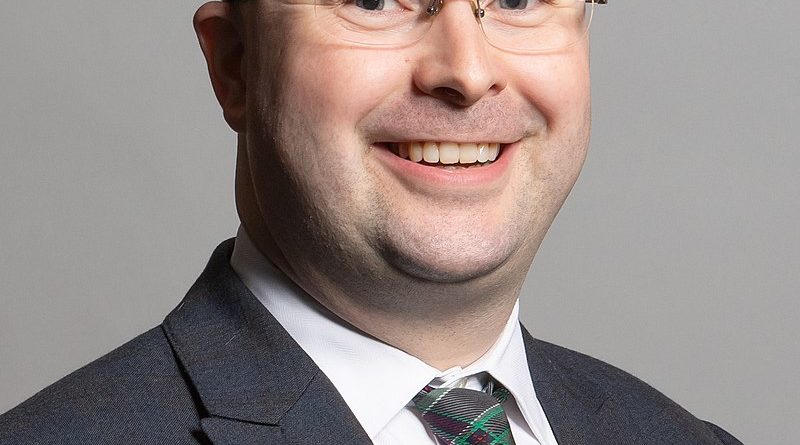Patrick Grady – 2022 Speech on Scotland’s Future
The speech made by Patrick Grady, the Independent MP for Glasgow North, in the House of Commons on 14 December 2022.
I echo the welcomes given to the hon. Member for Aberdeen South (Stephen Flynn) and the tributes paid to the right hon. Member for Ross, Skye and Lochaber (Ian Blackford).
It was, interestingly enough, on 4 July 2018 that this House endorsed, without a Division, the principles of the claim of right for Scotland, acknowledging the sovereign right of the people of Scotland to determine the form of government best suited to their own needs. The Supreme Court decision about the limits of the Scottish Parliament’s power with regard to legislating on reserved matters does not change the validity of the claim of right or the reality that it expresses.
It is a simple matter of fact that when a majority of people in Scotland are prepared to vote for independence, Scotland will become an independent country. The best way to demonstrate that majority would be through a referendum on a simple question, along the lines of the referendum held in 2014. Incidentally, the way to prove the opposite would also be through a referendum; if the Unionists are so convinced of their cause, why are they not allowing a referendum to happen and so settle the question? The reality is that they are running scared.
Today’s motion would allow the Scottish Parliament to legislate for a referendum at a time of its choosing—any time of its choosing. That arrangement is far more in keeping with the claim of right than Scotland’s Parliament having to go cap in hand to this place whenever a majority of MSPs are returned with a mandate for a referendum. If the UK Government, backed up by their Better Together allies, continue to veto or ignore the Scottish Parliament and Scottish Government, it stands to reason that a different kind of electoral test will be needed.
The 2019 general election, three years ago this week, was an effective—we might even say a de facto—referendum on Brexit. The Conservatives sought a mandate to implement the hardest possible Brexit short of a no deal. If memory serves, the Liberal Democrats, none of whom appear to be here today, sought a mandate in that general election to completely overturn the Brexit referendum result. The SNP manifesto supported a UK-wide second EU referendum with remain on the ballot paper, while making it clear that the best option for Scotland is and always has been independence in Europe.
Political parties are absolutely entitled to put their proposition to the voters, and the voters make up their minds. Labour, apparently, intends to stand at the next election on a platform for sweeping constitutional reform: abolition of the House of Lords and a new devolution settlement, even though Labour established the current devolution settlement through a series of referendums. The position now seems to be that a Labour Government, elected on maybe 40% or 45% of a UK-wide vote, would have a mandate to completely reform both the United Kingdom constitution and the current devolution settlement. However, an overall majority of votes for pro-independence candidates in Scotland would not constitute a mandate for anything. I am not sure how they make that add up.
During this debate, we have heard from the Better Together parties that it is a waste of parliamentary time and that constituents want us to talk about the cost of living crisis, supporting public services and the challenges facing the economy. But as the hon. Member for Edinburgh East (Tommy Sheppard) laid out right at the start, the responses needed to really tackle all those issues in Scotland require the full powers of independence. It is Westminster that still holds the purse strings, embarking on yet another round of austerity, continuing with the absolute folly of Brexit, and increasingly oblivious to the climate emergency and its own commitments to emissions reductions.
It is independence that will truly liberate Scotland’s Parliament to invest in Scotland’s people and places and to have the chance to build the fairer, greener, healthier society that we all know is possible—a society that welcomes people, wherever they have come from around the world, and seeks to build peace and justice across the globe. Those are the opportunities that inspired me to join the campaign for independence 25 years ago, and those are the opportunities that an increasing—and eventually unstoppable—majority of people in Scotland are now starting to reach for.

